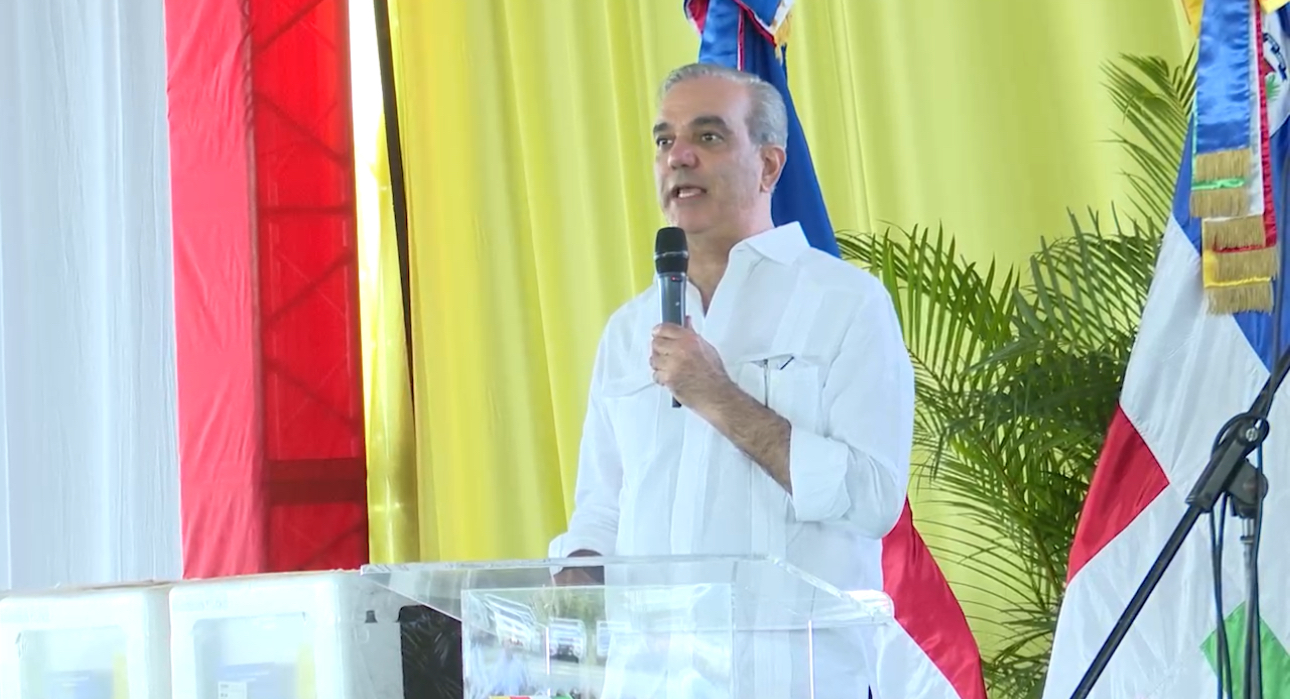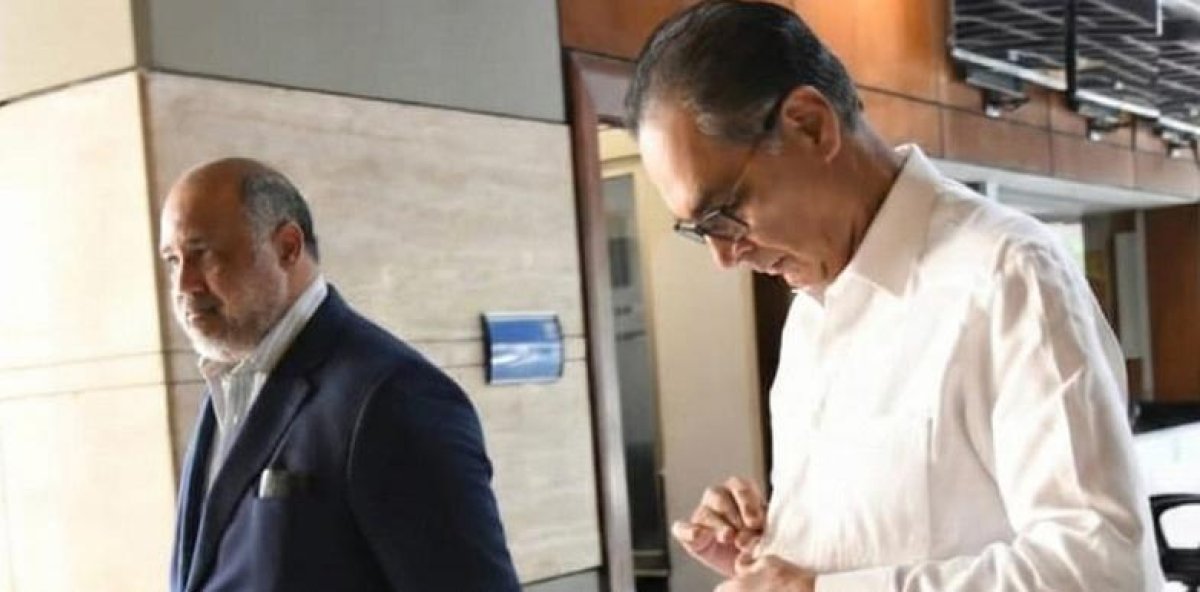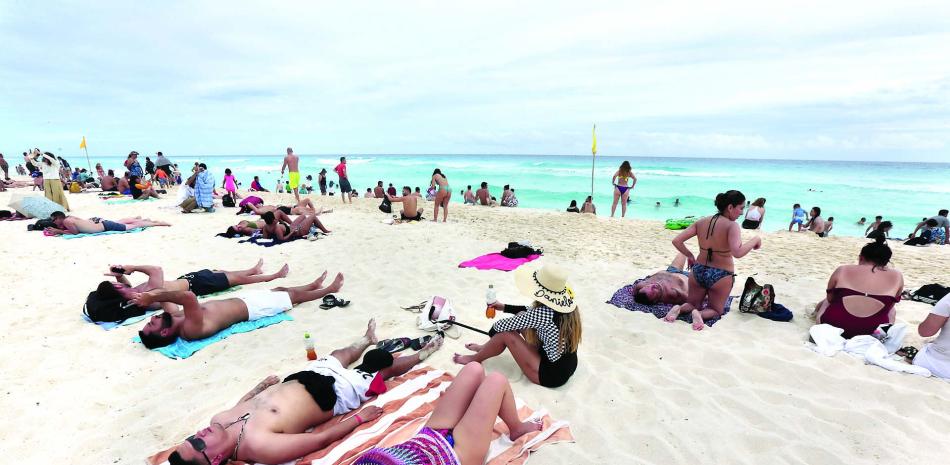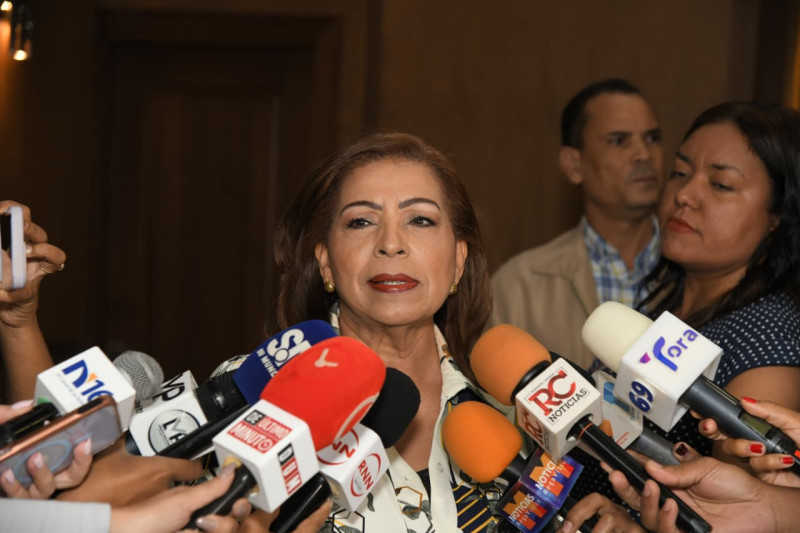SANTO DOMINGO – In a significant legislative advancement, President Luis Abinader has officially enacted Law 97-25, a comprehensive reform of the nation’s Criminal Procedure Code. The legislation, which received final approval from the Senate, represents a major step in modernizing the Dominican Republic’s judicial framework to align with contemporary democratic standards.
According to Antoliano Peralta Romero, the Executive Branch’s legal advisor, the updated code integrates critical jurisprudence from both the Constitutional Court and the Supreme Court. The reforms are designed to transform the criminal process into a more agile and rights-centric system, reinforcing the social and democratic rule of law. The law is scheduled for publication in the Official Gazette and will be implemented in a phased manner, taking effect on Tuesday in the National District and expanding nationwide on Wednesday.
The overhaul introduces a suite of modern conflict-resolution mechanisms. These include restorative justice programs, opportunity criteria, plea bargaining, conciliation, abbreviated procedures, and the conditional suspension of proceedings, applicable to offenses carrying sentences of up to five years. The legislation significantly bolsters the right to defense and enhances protective measures for vulnerable populations. It also provides precise definitions for when the rights of individuals under investigation are activated, including during summons and asset freezing procedures.
Furthermore, the reformed code establishes transparent guidelines for arrests and the application of coercive measures, mandating stricter judicial oversight. It imposes clear maximum timeframes for judicial processes: four years for ordinary cases and five years for those deemed complex. In a move to streamline appeals, the reform abolishes the prerequisite of a ‘new trial,’ empowering higher courts to conduct proceedings directly under established trial rules.
This transformative reform is the product of an extensive collaborative effort involving legislators, the Public Prosecutor’s Office, the Public Defender’s Office, the Judiciary, the Executive Branch’s Legal Counsel, and key representatives from the legal sector. This initiative, coupled with recent enactments like the Law on Extinction of Ownership and the new Penal Code, signifies a concerted push to establish a more modern, humane, and efficient criminal justice system in the Dominican Republic.









